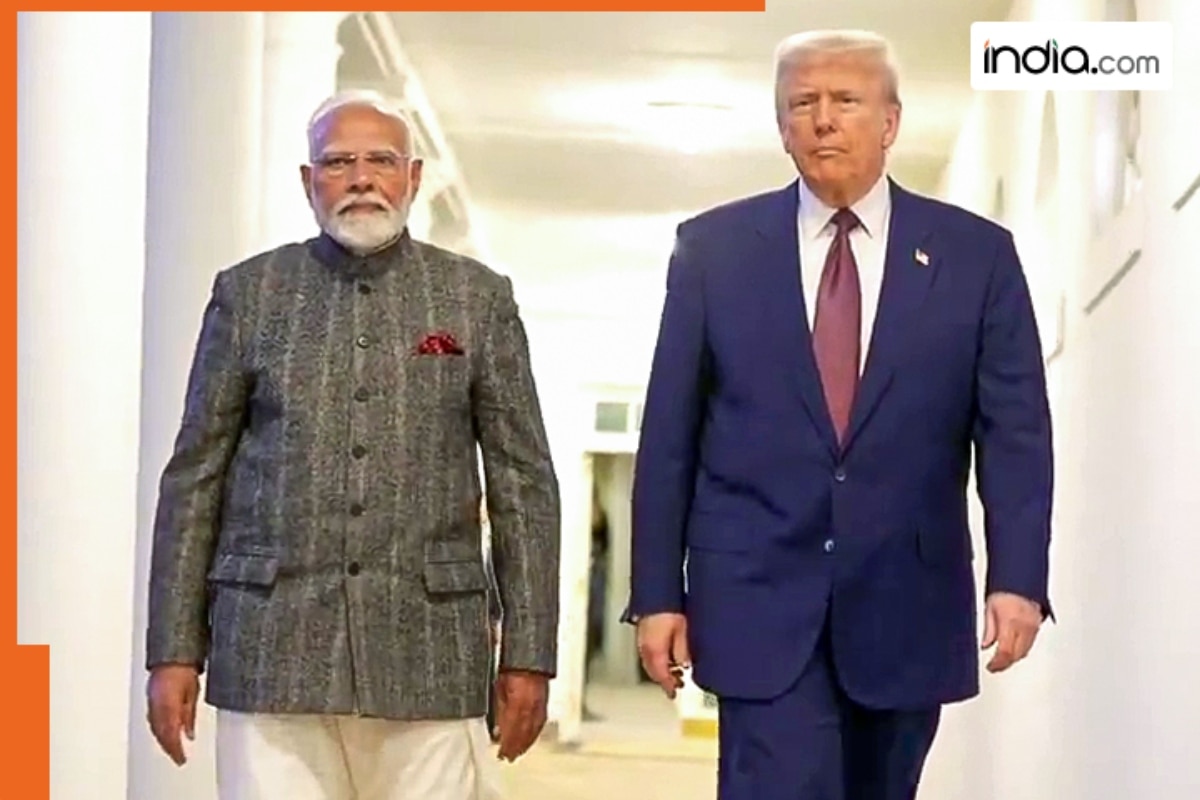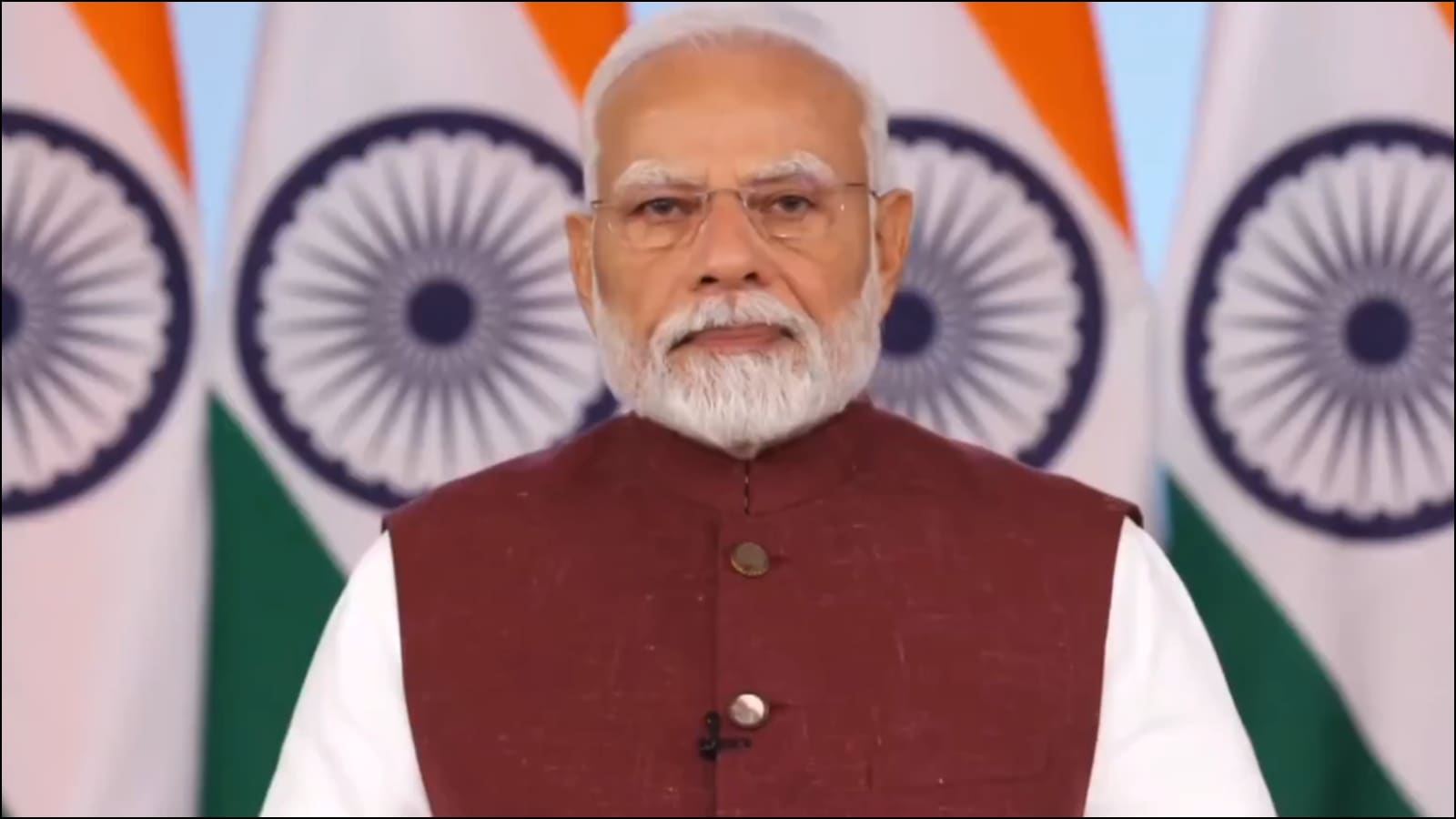Germany is set to have a new leader as Friedrich Merz of the center-right opposition emerges victorious in the recent election. The country faces political shifts and challenges ahead as Merz prepares to take the reins from outgoing Chancellor Olaf Scholz.
After the collapse of the previous government, Merz aims to restore stability to Germany, the EU's most populous country. With a surge in support for the far-right party and a defeat for Scholz, the political landscape is evolving rapidly.
Merz's task ahead is daunting but manageable. His Union bloc and the Social Democrats have enough seats to form a coalition government, offering a glimmer of hope for stability in the country. However, challenges lie ahead as they navigate economic revitalization and migration issues.
The election results highlight the shifting political dynamics in Germany, with traditional heavyweights like the Union and Social Democrats facing declining support. The rise of the far-right in the east and a revival of the hard-left party signal a significant change in the political landscape.
As Germany transitions to a new leadership under Merz, the country's stance on international issues, such as support for Ukraine, remains crucial. Merz's commitment to standing with Ukraine against Russian aggression will shape Germany's foreign policy in the coming years.
The election outcome reflects the changing priorities of German voters and the need for a fresh perspective in leadership. As Germany prepares for a new era under Merz, the challenges and opportunities that lie ahead will define the country's future.





